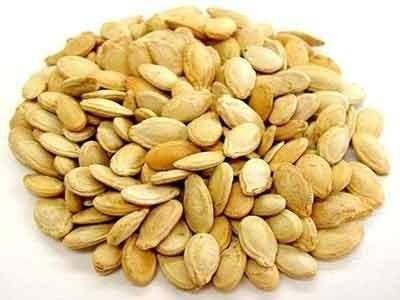Health benefits of watermelon and it's seed part 2
May Help Prevent Macular Degeneration:
It may also help prevent age-related
macular degeneration (AMD). This is a common eye problem that can cause blindness in older adults
Lycopene's role as an antioxidant and anti-inflammatory compound may help prevent AMD from developing and getting worse...lycopene helps protect against oxidative damage and inflammation.
May Lower Inflammation and Stress:
Watermelon may help lower inflammation and oxidative damage while inflammation is a key to some chronic disease.
In a 2015 study, lab rats were fed watermelon powder to supplement an unhealthy diet. Compared with the control group, they developed lower levels of C-reactive protein (a marker of inflammation) and less oxidative stress.
As an antioxidant, lycopene may also benefit brain health. For example, it may help delay the onset and progression of Alzheimer's disease.
May Help Relieve Muscle Soreness:
an amino acid citrulline which may reduce muscle soreness,watermelon juice appears to enhance the bio-availability of citrulline
Both watermelon drinks led to less muscle soreness and quicker heart rate recovery, compared to citrulline on its own.
The researchers also conducted a test-tube experiment, investigating the absorption of citrulline. Their findings suggest that citrulline absorption is most effective when it's consumed as a component of watermelon juice..
Health benefits of watermelon seed

we have been eaten watermelon without consider or think about the seed which is also the essential part of it, seeds probably do not come to our mind. we probably think of the sweet , juicy pulp without considering the seed as being good too.
The fact is , watermelon seeds whether wet , dry or roasted make a great snack.
Health facts of Watermelon seed
The seeds are very rich in protein . A cup of dried watermelon seeds contains more than 30 per cent proteins , which is the 61 per cent of the daily-recommended dose . The proteins in the seeds consist of amino acids , tryptophan , glutamic acid, lysine and arginine. Medline Plus states that some health conditions may benefit from additional arginine.
The most surprising thing about watermelon seeds is the amount of fat they contain . A cup of the dried seeds contain 51 per cent fat. Other categories of deposits in the seeds are monounsaturated, polyunsaturated and omega- 6 fatty acids.
The American Heart Association reports that mono and polyunsaturated fats reduce blood cholesterol , while omega-6 fatty acids can help reduce high blood pressure.